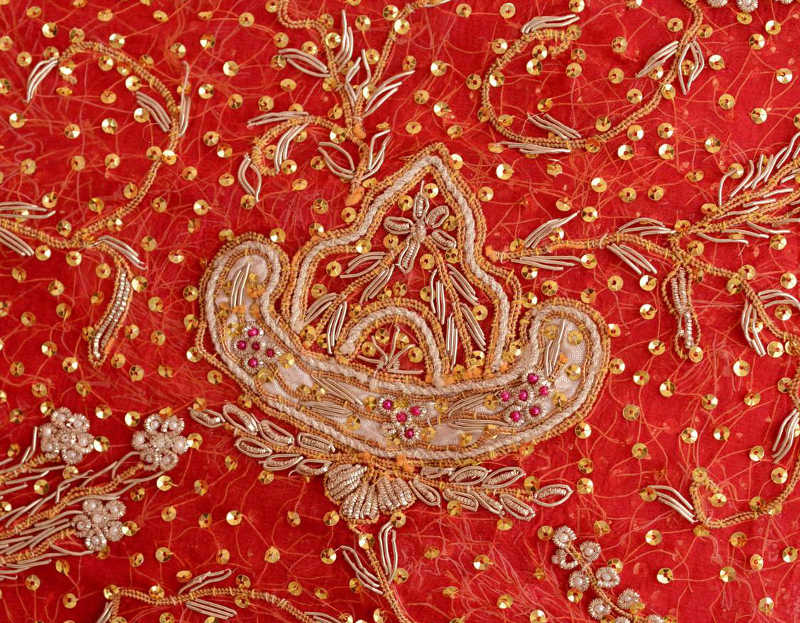===
0388,
14
===

=== |
 |
ai : 'O! ho! holla! (used in calling or addressing); ah!'. (Platts p.111)
FWP:
SETS == IDIOMS
MOTIFS
NAMES
TERMSSRF's reading is reflected in the translation above. The prose order would be saa;Njh ke mu))e ko kab tak ' ai miir ' kah'h [kar] ro))e;N .
Grammatically speaking, however, that ai miir certainly looks like a perfectly straightforward vocative-- an address to Mir, as the speaker tries to persuade him that it's time for the mourners to stop all this weeping and wailing for some dead person (another lover?) who has died young. (The third-person subject of the second line reinforces this reading.) And if we put the ai miir is together with the initial kah'h taken as 'say!' (second-person singular, intimate), the obviousness and naturalness of the vocative are reinforced: 'Tell me, oh Mir, how long should we keep on weeping...?'. Mir is alive, and is being addressed by some neighbor or friend (or by himself, inwardly), and urged to realize that it's time for the survivors to bring their mourning to an end.
The main reason that I can see for preferring SRF's reading is contextual: it's much more archetypal in the ghazal world to have other people lamenting the lover's death (an extremely common theme), than to have the lover lamenting someone else's death (rare, though not unheard-of). And of course the lover's death is also the most poignant and moving one, because he's the only person in the ghazal world whom we know and care about.
The verse also creates an elegantly ambiguous effect with ik dam -- the lamp has gone out in a brief 'single moment' of time, the space of a single breath; it has burnt itself out. But it's hard to avoid also thinking of a 'single breath' in its own right-- since the flame of an oil lamp can readily be blown out, and the flame of a lamp that's guttering anyway is particularly easy to blow out. Might the beloved somehow have helped to hasten the frail lover's end?